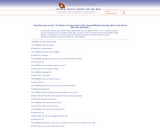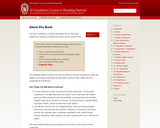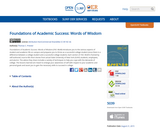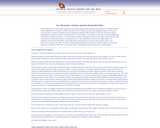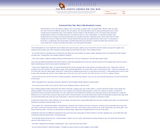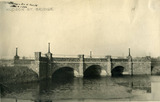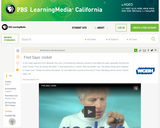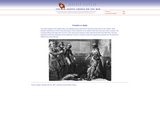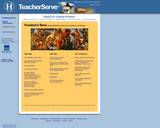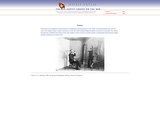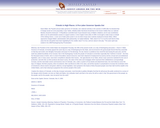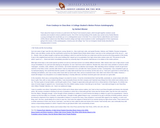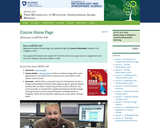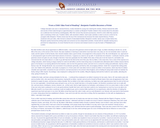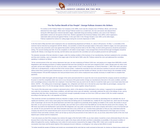
For workers at the Pullman Palace Car Company in the 1890s, home was the company town of Pullman, Illinois, and rent was deducted from their wages. While owner George Pullman touted it as a model town, the men and women who labored there during the 1893 depression endured starvation wages, deplorable living and working conditions, and, worst of all, Pullman's paternalistic control over all aspects of their lives. Workers appealed to the American Railway Union (ARU), which organized a nationwide strike and boycott against Pullman. In this open letter in the Chicago Herald in June 1894, as the strike began, Pullman explained his motives for cutting wages during the economic depression of 1893.
- Subject:
- Social Studies
- U.S. History
- Material Type:
- Primary Source
- Reading
- Provider:
- American Social History Project / Center for History Media and Learning
- Provider Set:
- Many Pasts (CHNM/ASHP)
- Author:
- Center for History and New Media/American Social History Project
- Date Added:
- 11/02/2017
